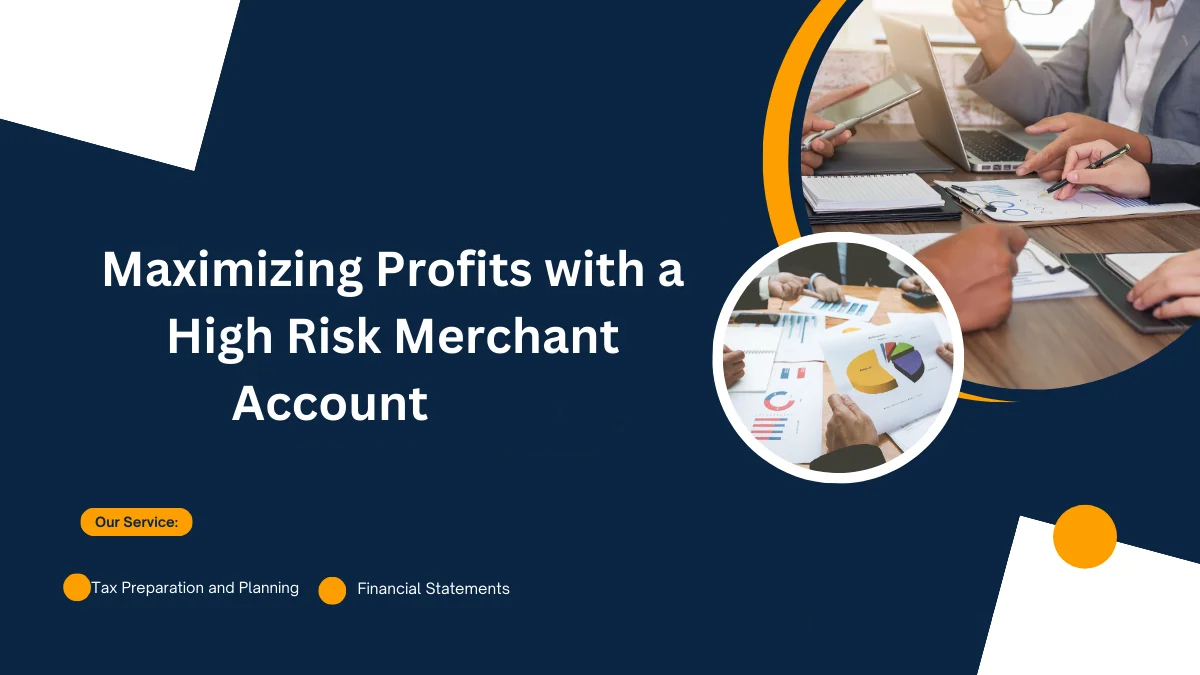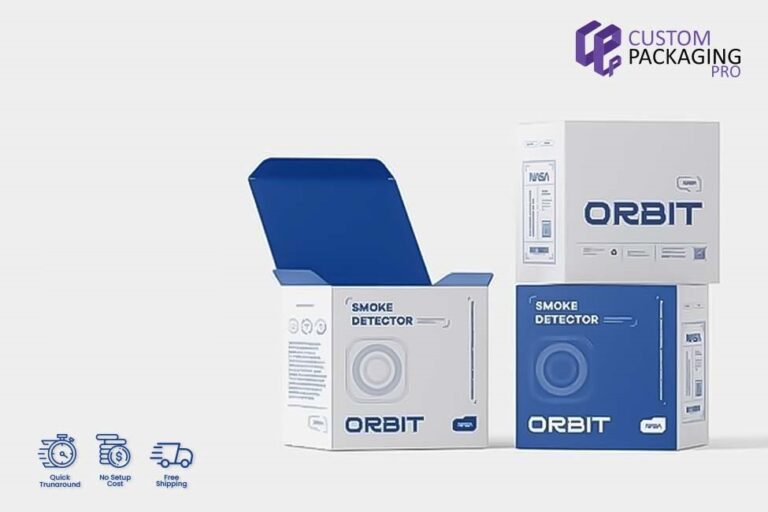What is the definition of a high-risk merchant account?
A high risk merchant account is a sort of payment processing account specifically developed for firms deemed high risk by financial institutions. These companies frequently work in industries with higher-than-average chargeback rates, legal issues, or tougher rules. High-risk merchants use these accounts to rapidly process credit and debit card transactions, notwithstanding the possible financial risks connected with their businesses. For many organizations, obtaining a high risk merchant account is critical for facilitating frictionless payments and maintaining growth.
Why Are Some Businesses Considered High Risk?
Businesses are classified as high risk for a variety of reasons, often related to the nature of their sector. Adult entertainment, travel, gaming, and subscription-based services are all examples of high-risk industries. This is mostly due to greater rates of chargebacks and refunds, regulatory difficulties, and the possibility of fraud. High-risk merchants also have consumers in multiple countries, which adds an additional layer of risk due to differences in regulatory frameworks and payment practices across borders. As a result, payment processors reduce this risk by providing specific accounts designed to address these distinct difficulties.
The Function of Chargebacks in High Risk Classification
The frequency of chargebacks is one of the most important variables in determining whether a business is high risk. A chargeback occurs when a customer disputes a transaction and demands that the charge be reversed through their bank. High-risk industries often experience higher chargebacks, whether due to consumer dissatisfaction, misunderstanding of agreements, or fraud. Due to the higher risk of chargebacks, payment processors are more cautious when providing services to these businesses. High risk merchant accounts are intended to handle chargebacks more effectively, generally with stricter monitoring and higher processing costs to compensate for the potential loss.
Advantages of Having a High Risk Merchant Account.
Although obtaining a high risk merchant account might be difficult due to increased fees and tougher approval processes, it does provide some major benefits to firms operating in high risk industries. One significant benefit is the option to continue accepting credit card payments, which is critical for preserving cash flow and expanding the firm. These accounts also offer specialist fraud protection capabilities, chargeback management systems, and bespoke reporting options. These benefits not only assist organizations handle the intricacies of high-risk payments, but also give them the freedom to operate securely on a worldwide scale.
Challenges of Obtaining a High Risk Merchant Account
While high-risk merchant accounts are vital services, obtaining one can be difficult for many firms. Payment processors are more selective when working with high-risk merchants due to the possible financial risk. Businesses seeking for these accounts are frequently subjected to more thorough screening and background checks to assess their risk level. Processors may also charge higher transaction fees, mandate reserves, or adopt rolling reserve accounts to help limit losses. Regardless of these hurdles, selecting the correct high risk merchant account provider is critical for businesses that require dependable payment solutions to grow in their market.
How to Select the Right High Risk Merchant Account Provider.
Choosing the correct high risk merchant account provider is critical for businesses to meet their payment processing requirements. When comparing suppliers, it is critical to examine prices, customer support, and fraud prevention services. Some suppliers specialize in high-risk industries and can provide firms with specialized solutions that meet their specific demands. Furthermore, companies should inquire about chargeback protection services and flexible payment methods that enable them to conduct transactions from foreign customers. By carefully evaluating these parameters, businesses can identify a high risk merchant account provider who matches their needs while minimizing financial concerns.
The Effect of Technology on High-Risk Payment Processing
Technology has considerably altered the scene for high-risk merchant accounts by providing greater security features and novel payment processing solutions. Advanced fraud detection systems, tokenization, and encryption techniques today assist reduce the likelihood of fraud and chargebacks. Furthermore, the growth of global e-commerce has raised demand for high-risk merchant accounts capable of safely processing multi-currency transactions and cross-border payments. Businesses in high-risk industries can use technical improvements to protect their operations, improve transaction reliability, and increase consumer trust, allowing them to operate more efficiently in a competitive market.
Conclusion: Why Do High Risk Merchant Accounts Matter?
A high risk merchant account is essential for organizations that operate in high-risk industries. These accounts not only provide access to critical payment processing services, but also specialist solutions for chargebacks, fraud, and other high-risk sector concerns. Despite the difficulties in establishing one, the benefits far outweigh the drawbacks, as these accounts allow businesses to retain consistent revenue streams and expand their operations. By collaborating with a competent high risk merchant account provider, businesses may negotiate the complexity of high risk payments while establishing themselves for long-term success.






